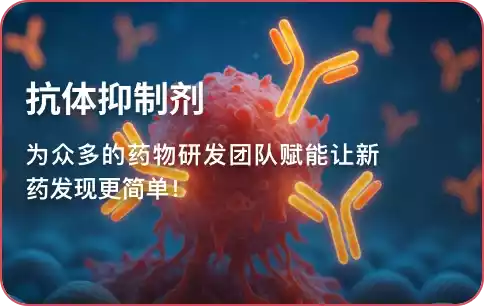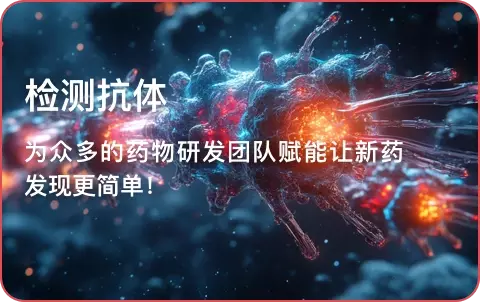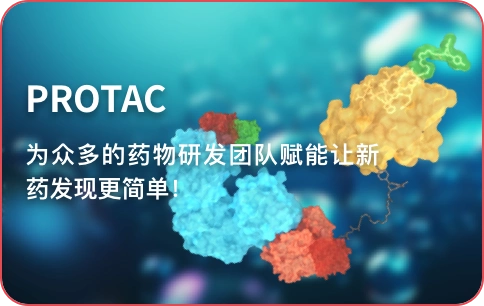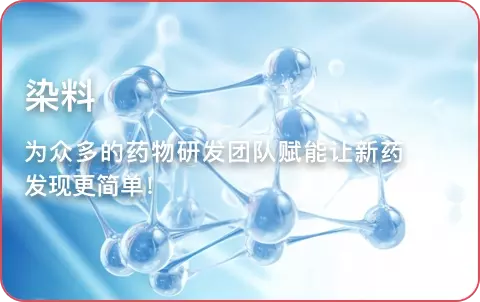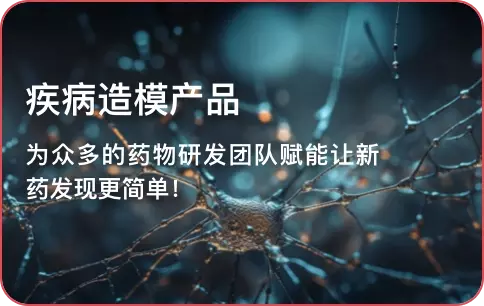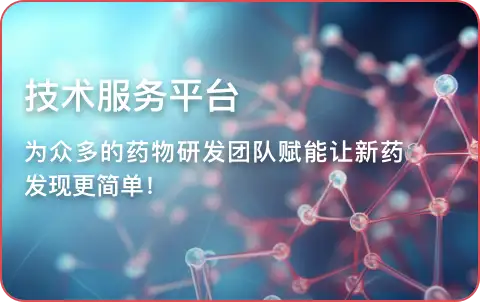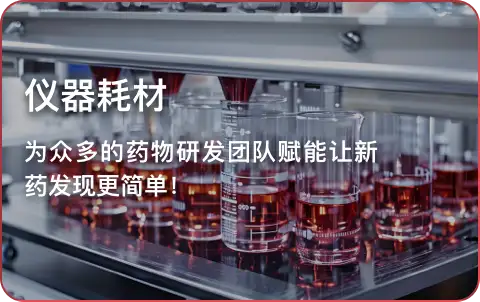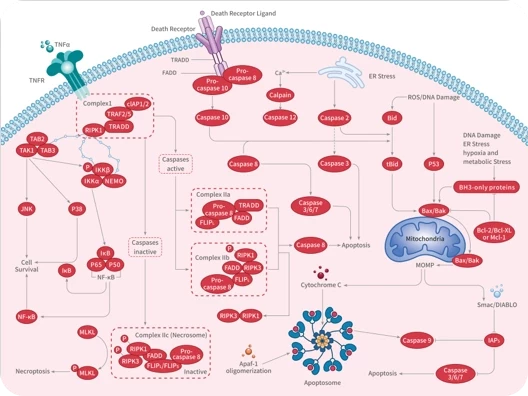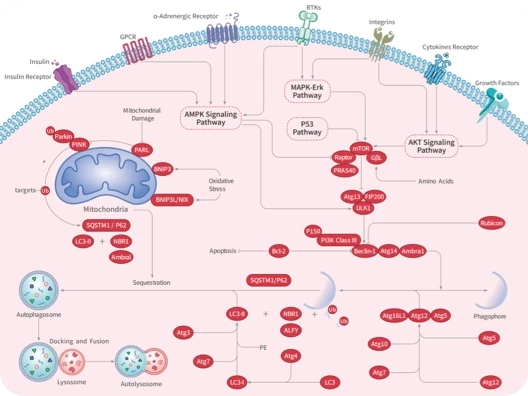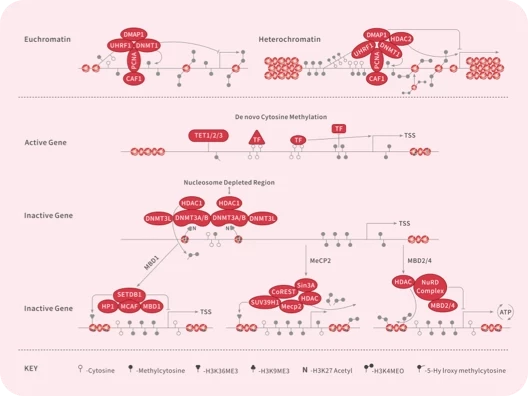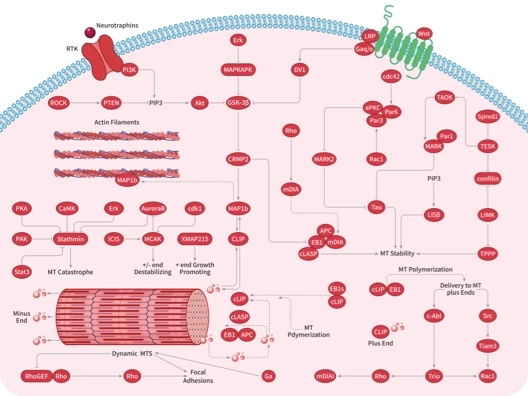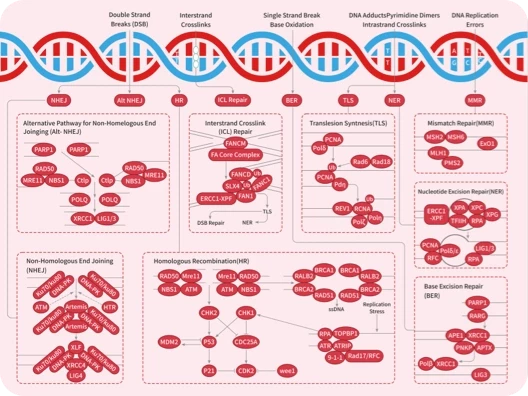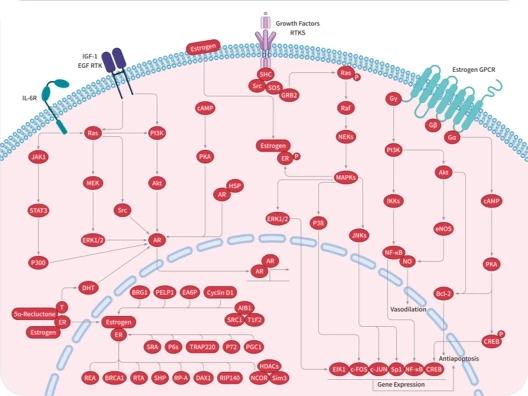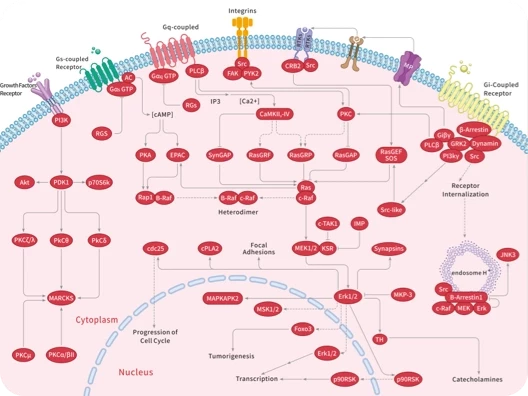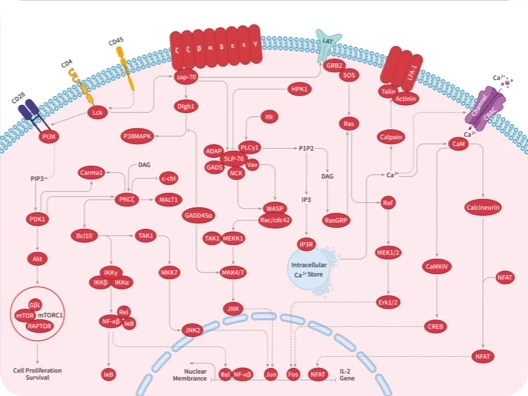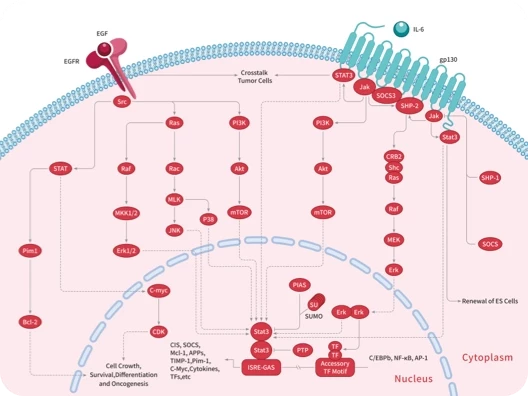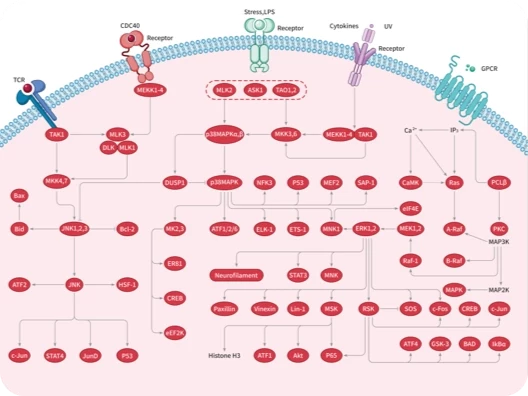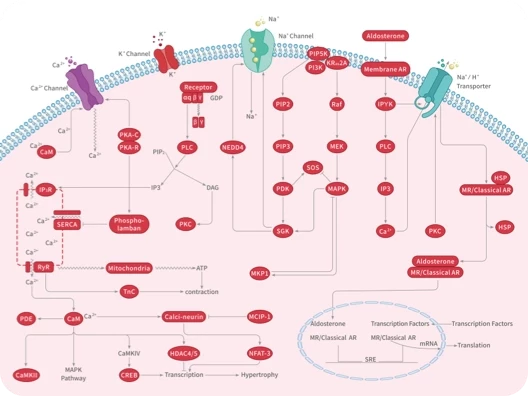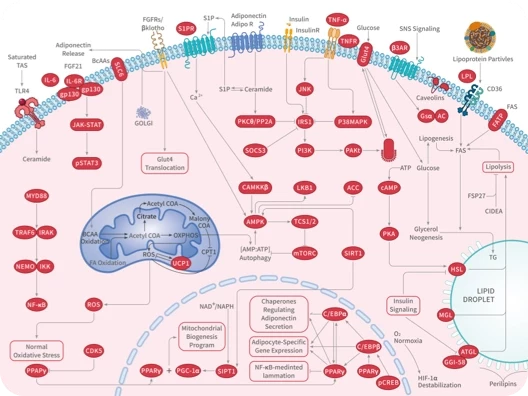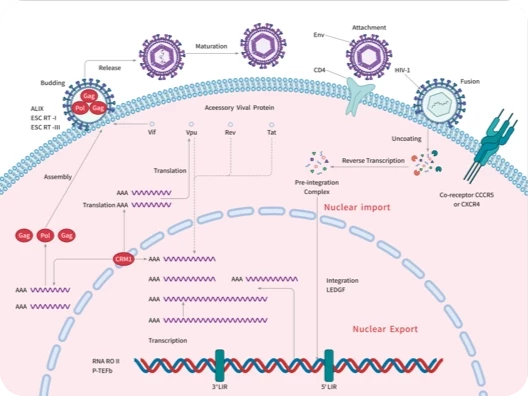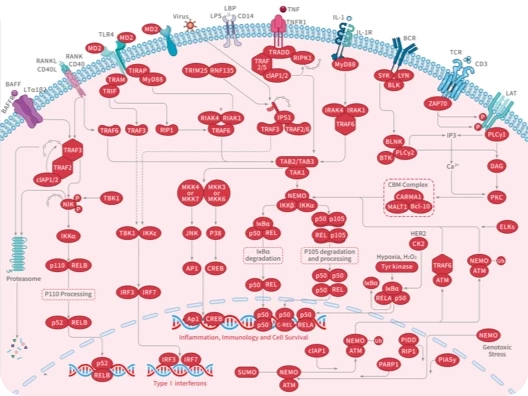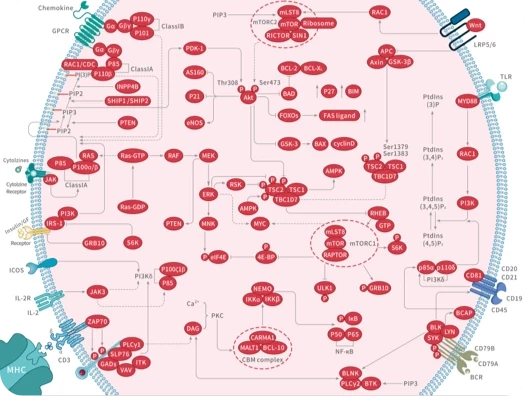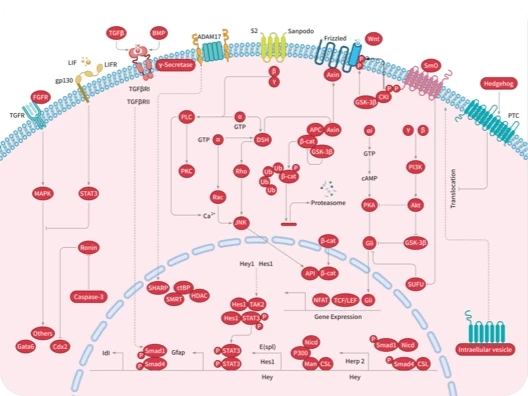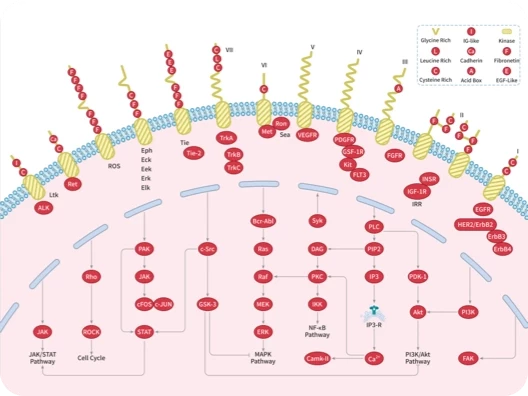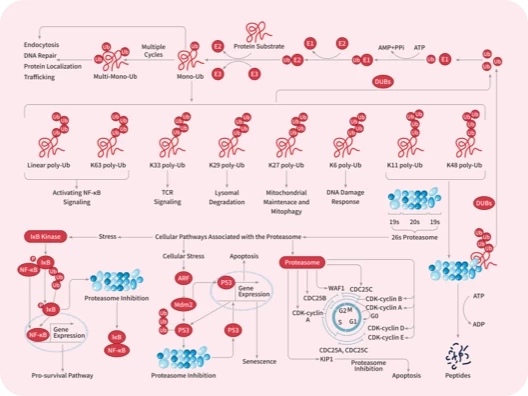- 全部删除
 您的购物车当前为空
您的购物车当前为空
TCTP/TPT1 Protein, Human, Recombinant (His)
Tumor protein, also known as TPT1, is a highly conserved protein among many eukaryotic organisms. Tumor protein is involved in a variety of cellular activities, including microtubule stabilization, calcium-binding activities, and apoptosis. The Mammalian translationally controlled tumour protein (TPT1) (or P23) is a protein that has been found to be preferentially synthesised in cells during the early growth phase of some types of tumour, but which is also expressed in normal cells. It was first identified as a histamine-releasing factor, acting in IgE +-dependent allergic reactions. In addition, TPT1 has been shown to bind to tubulin in the cytoskeleton, has a high affinity for calcium, is the binding target for the antimalarial compound artemisinin, and is induced in vitamin D-dependent apoptosis. TPT1 production is thought to be controlled at the translational as well as the transcriptional level.

TCTP/TPT1 Protein, Human, Recombinant (His)
| 规格 | 价格 | 库存 | 数量 |
|---|---|---|---|
| 100 μg | ¥ 4,460 | 5日内发货 |
产品信息
| 生物活性 | Activity testing is in progress. It is theoretically active, but we cannot guarantee it. If you require protein activity, we recommend choosing the eukaryotic expression version first. |
| 产品描述 | Tumor protein, also known as TPT1, is a highly conserved protein among many eukaryotic organisms. Tumor protein is involved in a variety of cellular activities, including microtubule stabilization, calcium-binding activities, and apoptosis. The Mammalian translationally controlled tumour protein (TPT1) (or P23) is a protein that has been found to be preferentially synthesised in cells during the early growth phase of some types of tumour, but which is also expressed in normal cells. It was first identified as a histamine-releasing factor, acting in IgE +-dependent allergic reactions. In addition, TPT1 has been shown to bind to tubulin in the cytoskeleton, has a high affinity for calcium, is the binding target for the antimalarial compound artemisinin, and is induced in vitamin D-dependent apoptosis. TPT1 production is thought to be controlled at the translational as well as the transcriptional level. |
| 种属 | Human |
| 表达系统 | E. coli |
| 标签 | N-His |
| 别名 | tumor protein, translationally-controlled 1,TCTP,p23,p02,HRF |
| 蛋白构建 | A DNA sequence encoding the human TPT1 (Met1-Cys172) was expressed with a polyhistidine tag at the N-terminus. Predicted N terminal: His |
| 蛋白纯度 | > 95 % as determined by SDS-PAGE |
| 分子量 | 21.4 kDa (predicted); 23 kDa (reducing conditions) |
| 内毒素 | Please contact us for more information. |
| 缓冲液 | Lyophilized from a solution filtered through a 0.22 μm filter, containing PBS, pH 7.4. Typically, a mixture containing 5% to 8% trehalose, mannitol, and 0.01% Tween 80 is incorporated as a protective agent before lyophilization. |
| 复溶方法 | A Certificate of Analysis (CoA) containing reconstitution instructions is included with the products. Please refer to the CoA for detailed information. |
| 存储 | It is recommended to store recombinant proteins at -20°C to -80°C for future use. Lyophilized powders can be stably stored for over 12 months, while liquid products can be stored for 6-12 months at -80°C. For reconstituted protein solutions, the solution can be stored at -20°C to -80°C for at least 3 months. Please avoid multiple freeze-thaw cycles and store products in aliquots. |
| 运输方式 | In general, Lyophilized powders are shipping with blue ice. |
| 研究背景 | Tumor protein, also known as TPT1, is a highly conserved protein among many eukaryotic organisms. Tumor protein is involved in a variety of cellular activities, including microtubule stabilization, calcium-binding activities, and apoptosis. The Mammalian translationally controlled tumour protein (TPT1) (or P23) is a protein that has been found to be preferentially synthesised in cells during the early growth phase of some types of tumour, but which is also expressed in normal cells. It was first identified as a histamine-releasing factor, acting in IgE +-dependent allergic reactions. In addition, TPT1 has been shown to bind to tubulin in the cytoskeleton, has a high affinity for calcium, is the binding target for the antimalarial compound artemisinin, and is induced in vitamin D-dependent apoptosis. TPT1 production is thought to be controlled at the translational as well as the transcriptional level. |







